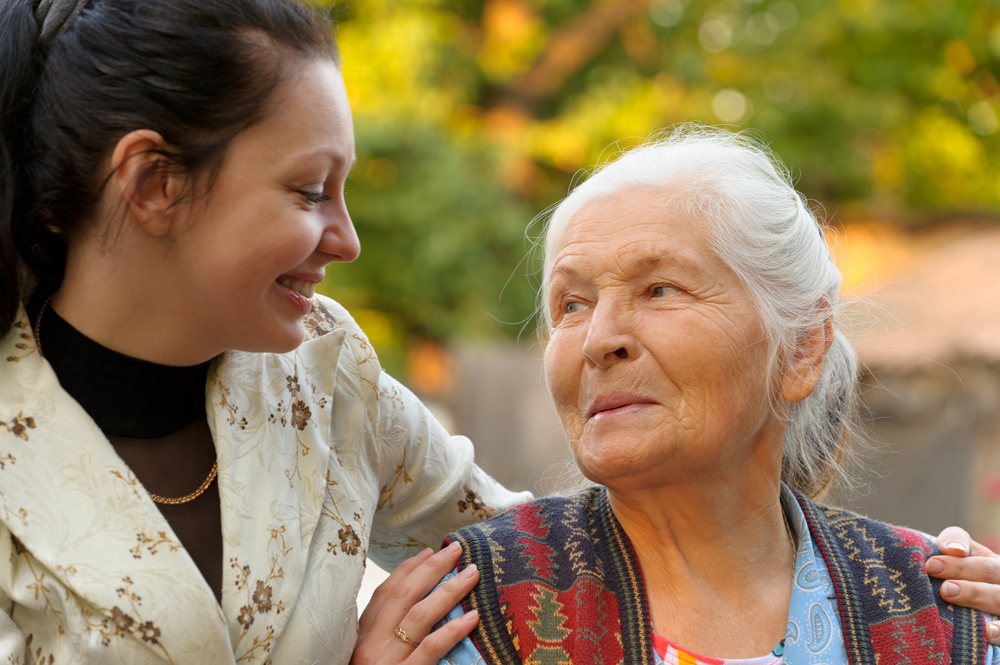Should You Take Care of Your Elderly Parents?
Category:

Your 80 year old mother has been diagnosed with dementia. You know she can no longer cook, pay her bills, or safely drive a car. Dad is also on the decline and cannot be the sole caretaker. You lead a busy life of your own. But you can’t stomach the thought of putting your mother in an assisted care facility. What do you do? Should you take care of your elderly parents? t’s a dilemma that many people face as their parents age. Our instinct is to open our homes to our parents when they can no longer live alone. But becoming a caregiver is no small job.
Taking Care of Elderly Parents in Your Home
An estimated 43.5 million adults in the United States have provided unpaid care, according to AARP. If you decide to become a caregiver for your aging parents, the responsibilities can add up quickly. All of a sudden, you’re searching through stacks of papers for mom’s account numbers so you can pay her bills, while calling her insurance company to see why a CT scan was denied.
Download Free Sandwich Generation Guide
And as these new responsibilities of caring for elderly parents come, your old ones don’t disappear. According to the AARP, the average unpaid caregiver is a 49-year-old (60% females) who has a job outside the home. The added responsibilities of caring for aging parents force her to cut her work hours. Now she has to manage both jobs, plus taking care of her own family, on a reduced budget.
Should We Take Care of Our Elderly Parents?
Are you thinking about becoming a caregiver to your aging parent? Ask yourself these questions to help determine if you’re comfortable taking on the job.
Do You Have Time to Become a Caregiver?
Taking mom to doctor’s appointments, cooking for her, and cleaning up after her can add up to a lot of hours in your day. AARP estimates that on average, caregivers spend 24.4 hours a week providing care to their loved ones. Do your work and family responsibilities allow you enough time to take on this new responsibility of caring for an elderly parent?
Can You Afford to Become a Caregiver?
Unpaid caregivers who contribute financially are spending an average of $6,954 a year, according to AARP. When a parent actually moves in with you, the costs of caring for elderly parents can be much higher. Will you be able to take on this financial burden, potentially on top of losing hours at work?
Taking on the responsibility of caring for aging parents can take an emotional toll. Caregivers often find themselves battling with siblings about how to handle mom’s finances or health issues. Having less time to spend with one’s spouse and children can lead to feelings of guilt. Caregiving may increase the risk of certain health problems, as well. Evidence shows that caregivers have lower physical health, elevated stress, higher rates of chronic disease, and impaired health behaviors.
Making the Choice to Take Care of Your Parents
If you ultimately decide that you aren’t prepared to take on the responsibilities of caring for an elderly parent, but don’t want to place your parents in a nursing home, there is another option available. You can hire an in-home caregiver to look after your elderly loved one. Knowing that your aging parent is being looked after by a professional caregiver can provide great peace of mind, while allowing you the time to maintain your busy life.
Subscribe
Date: 2018-01-14
Category:


